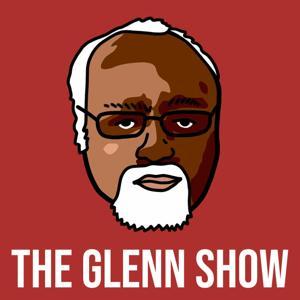On this episode Razib, talks to Richard Hanania, a returning guest to the podcast. Hanania holds a Ph.D. from UCLA, a J.D. from the University of Chicago, and an undergraduate degree from CU Boulder in linguistics. He is a regular contributor to the Boston Globe and UnHerd, and has his own newsletter. Hanania is also the author of The Origins of Woke: Civil Rights Law, Corporate America, and the Triumph of Identity Politics.
Razib and Hanania talk about his new book Kakistocracy: Why Populism Ends in Disaster, and his developing views on populism and immigration. They highlight the rise of populism on the Right, the rejection of cognitive elitism, and the impact of social media on political discourse. Hanania criticizes the far-right's nativism, particularly against Indian immigrants, and the rise of anti-Semitism, both as a feature of low-IQ populism. They also touch on foreign policy, noting the failures of authoritarian regimes like Russia and China, and the potential for democratic systems to prevail.
Hanania brings up cultural differences, particularly in Asia, and the impact of personality traits on success. They talk about the Big Five personality traits, and note that disagreeableness and low neuroticism are linked to professional success, especially in men. Razib also brings up the 2017 James Damore Google memo controversy, highlighting the cultural and political implications down to the present. Hanania reflects on his experiences with cancel culture and the evolving acceptance of diverse viewpoints. They also discuss the role of Substack in promoting free speech and the challenges faced by platforms in maintaining this principle.




































